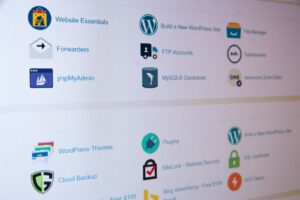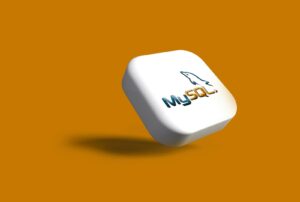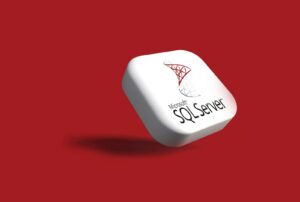The Importance of Implementing Security Controls Against Injection Attacks
Implementing security controls against injection attacks is a crucial practice for Swiss businesses, especially in technologically advanced cities like Zurich and Geneva. Injection attacks, including SQL injection, cross-site scripting (XSS), and other code injection vulnerabilities, remain some of the most prevalent and damaging cybersecurity threats. These attacks exploit weaknesses in application code to execute unauthorized commands, potentially leading to data breaches, loss of sensitive information, and significant financial repercussions. For Swiss companies that pride themselves on precision, reliability, and trustworthiness, safeguarding applications against these threats is essential to maintaining a robust cybersecurity posture.
One of the foundational strategies for mitigating injection attacks is input validation and sanitization. By rigorously validating all user inputs, developers can ensure that data conforms to expected formats, thereby preventing malicious code from being executed. Input sanitization further enhances this defense by removing or neutralizing potentially harmful elements from user inputs. For businesses in Switzerland, where regulatory compliance and data protection are critical, adopting stringent input validation and sanitization protocols is not just a security measure but a business necessity that upholds the nation’s high standards of privacy and security.
In addition to input validation, the use of parameterized queries and prepared statements is another effective technique for protecting against SQL injection attacks. These methods ensure that user inputs are treated strictly as data rather than executable code, thus preventing attackers from manipulating database queries. For Swiss companies operating in sectors such as finance, healthcare, and technology, where the integrity of data is paramount, implementing parameterized queries is a straightforward yet powerful defense against one of the most common forms of injection attacks. This approach not only enhances security but also aligns with the Swiss emphasis on meticulousness and quality in all business operations.
Leveraging AI and Blockchain to Strengthen Security Against Injection Attacks
The integration of advanced technologies such as AI and blockchain offers new opportunities for implementing security controls against injection attacks. AI-driven security tools can automatically detect anomalies in application behavior, flagging potential injection attempts in real time. By analyzing patterns in data flows and user interactions, AI systems can identify unusual activities that may indicate an ongoing attack, allowing businesses to respond swiftly and effectively. For Swiss businesses, which are at the forefront of digital transformation, incorporating AI into their security strategies represents a proactive approach to combating evolving cyber threats.
Blockchain technology also provides robust security benefits, particularly in the realm of data integrity and transparency. By using blockchain to create a secure and immutable record of application transactions, businesses can ensure that data has not been tampered with, thereby reducing the risk of injection attacks. This decentralized approach to data management eliminates single points of failure and enhances overall security. For Swiss companies, especially those in highly regulated industries, the transparency and security provided by blockchain align well with Switzerland’s reputation as a global leader in innovation and trust.
Leadership and Change Management in Implementing Security Controls
Successful implementation of security controls against injection attacks extends beyond technology; it also requires strong leadership and effective change management. Business leaders must prioritize cybersecurity as a core element of their organizational strategy, setting the tone from the top and ensuring that security measures are consistently applied across all levels of the company. By investing in leadership development and executive coaching, Swiss companies can empower their leaders to champion cybersecurity initiatives and foster a culture of security awareness.
Change management plays a pivotal role in ensuring that security controls are effectively implemented and maintained. This involves not only deploying the necessary technologies but also managing the human aspects of change, such as training employees, communicating the importance of security protocols, and addressing any resistance to new practices. In Switzerland, where attention to detail and a commitment to excellence are ingrained in the business culture, successful change management is essential to the ongoing effectiveness of security initiatives.
#SwissBusiness #Cybersecurity #InjectionPrevention #AI #Blockchain #LeadershipDevelopment #ChangeManagement #ProjectManagement #SwissCities #BusinessSuccess













